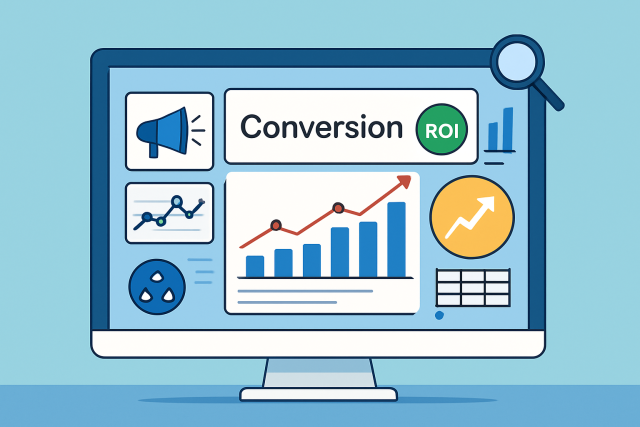
How enhanced conversions improve tracking and campaign ROI
Enhanced conversions revolutionize digital marketing tracking by improving data accuracy and enablin...

Becoming an SEO analyst is a key stepping stone in the world of digital marketing.
An SEO analyst is the person behind the scenes working to give a website a leg up in search engine rankings. They dive into analyzing and tweaking web content as well as the technical bits to help businesses attract more organic traffic and steadily grow their online presence.
It really pays off to have a solid grasp of the basics behind SEO. Terms like organic search and SERP alongside backlinks, crawlability, indexing, ranking factors and meta tags might sound like a mouthful but they’re the bread and butter of SEO.
| SEO Term | Simple Definition | Why It Matters for SEO Analysts |
|---|---|---|
| Keyword | Words or phrases people type into search engines | Helps zero in on the right audience and shapes what content you create |
| Meta Description | A brief snippet that shows up just below a search result | Plays a key role in whether users click through and get what they need |
| Backlink | A hyperlink from another site pointing back to yours | Boosts your site’s credibility and gives your rankings a nice little shove up |
| Organic Traffic | Visitors who find you via unpaid search listings | Shows how well your SEO game plan is actually paying off |
| Domain Authority | A score estimating how likely your site is to rank well | Handy for gauging your site’s strength and sizing up the competition |
| Page Speed | The time it takes for a page to fully load | A big deal for keeping visitors happy and climbing those search results |
| Alt Text | Descriptive text for images that users and engines read | Improves image search hits and makes your site friendlier to everyone |
You’ll need a mix of technical know-how and a keen eye for detail plus solid communication skills that actually connect. Getting comfortable with SEO tools and figuring out how to make sense of all that data are key milestones on your learning journey
Starting out as an SEO analyst means getting a good handle on the basics and putting them to work in real-world scenarios. You gradually build up a portfolio you can be proud of. Online courses and certifications usually give your credibility a nice boost.
Kick things off by diving into beginner-friendly SEO courses on platforms like Coursera, Udemy or HubSpot Academy. These are great for getting a solid handle on the basics without feeling overwhelmed.
Then roll up your sleeves and start applying what you’ve learned. Tinker with your own website or lend a hand to a local business’s SEO efforts because real-world practice beats theory any day.
Get cozy with SEO tools such as Google Analytics, Google Search Console and SEMrush's Pro Plan to really hone your skills in analysis and reporting. These will become your best friends.
Put together a portfolio that showcases your SEO projects, audits and improvements. It’s your chance to brag a little and let your work speak for itself.
Hunt down internships or entry-level gigs where you can soak up hands-on experience working alongside seasoned SEO pros since nothing beats learning from the trenches.
Finally become an active member of SEO communities and forums. It’s not just about staying updated with the latest trends but also about networking and maybe even finding a mentor to guide you along the way.

An SEO analyst learning and working with SEO tools on their computer
Many beginners quickly feel swamped by the sheer volume of information and get thrown off by the never-ending stream of algorithm changes. They also wrestle with wrapping their heads around the often tricky technical SEO concepts.
Success as an SEO analyst often boils down to patience and sticking with the ongoing journey of learning. Every tweak you make usually opens the door to a fresh opportunity for improvement—sometimes you just have to trust the process and keep at it.
There are quite a few beginner-friendly tools and resources that can help you get started with SEO. I’ve found that mixing both free and paid options usually gives you a broader perspective and some solid hands-on experience.
Once you have nailed down the basics it is vital to keep that learning curve climbing. Expand your network and carve out a specialty that really sets you apart as an SEO analyst. Sharing your wins through case studies and snagging certifications usually turns heads and opens doors to more advanced gigs.

Enhanced conversions revolutionize digital marketing tracking by improving data accuracy and enablin...

Unlock powerful PPC optimization strategies that elevate your campaigns beyond basics. Learn expert...

Master web development SEO with this practical guide using Semrush. Learn to audit, optimize, and tr...

Unlock the power of video content with top video search engines tailored for keyword research. Disco...